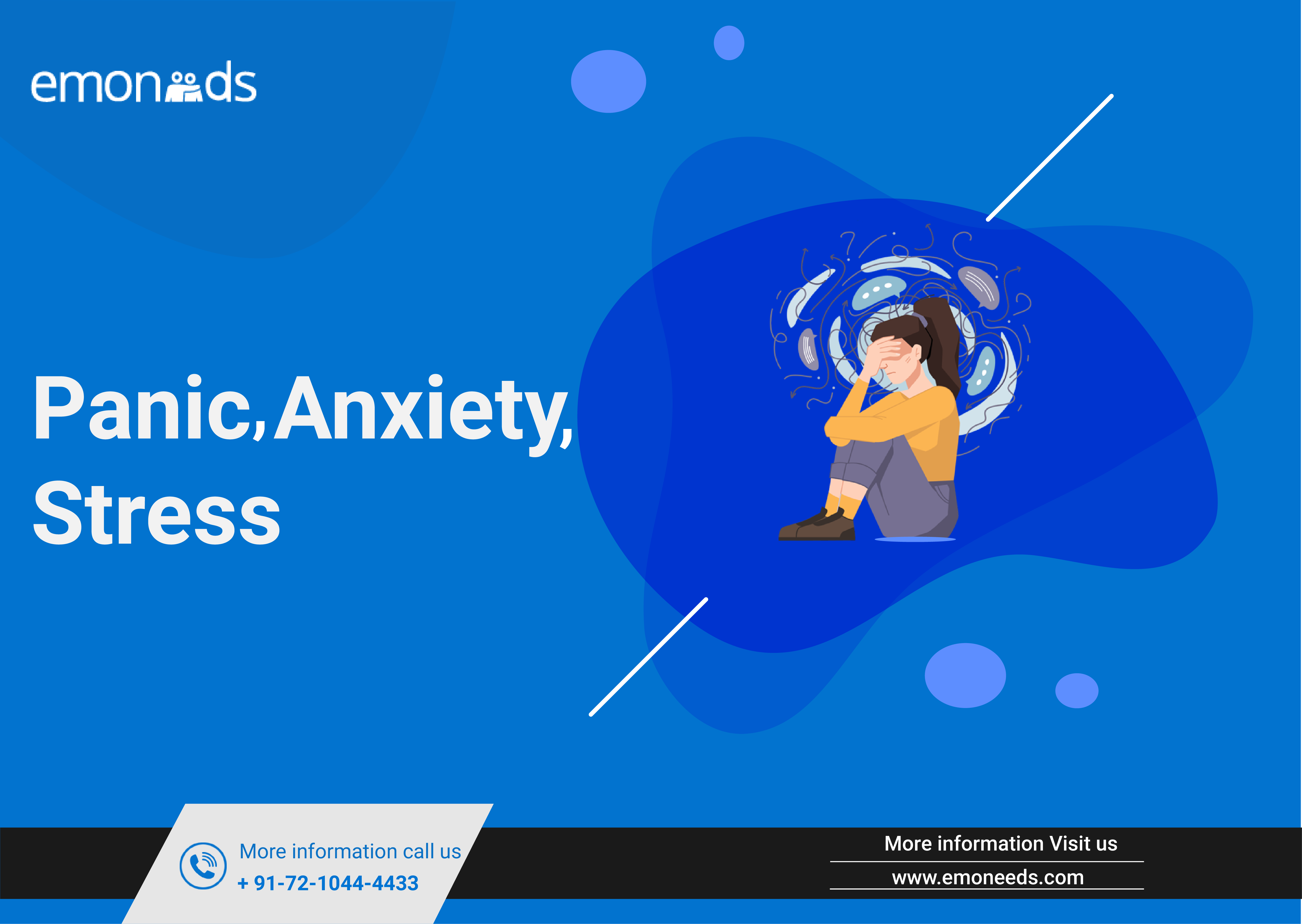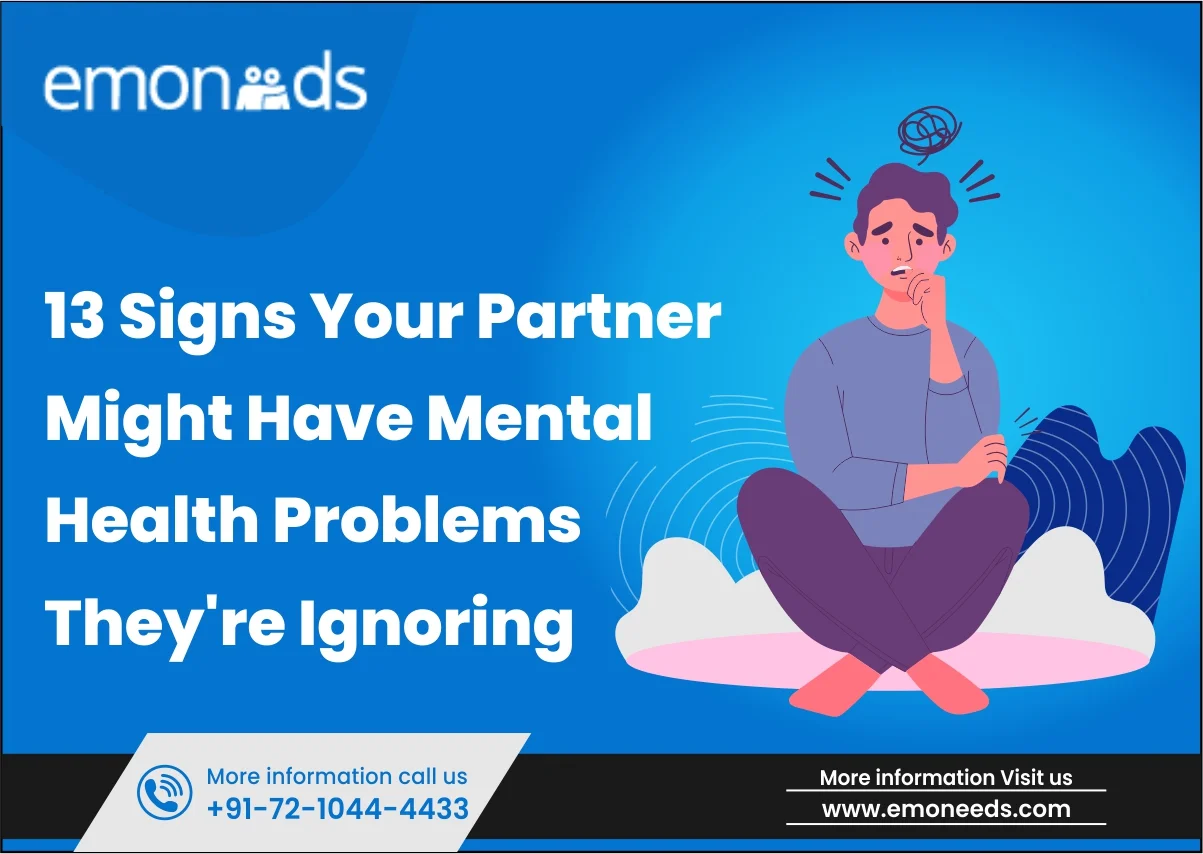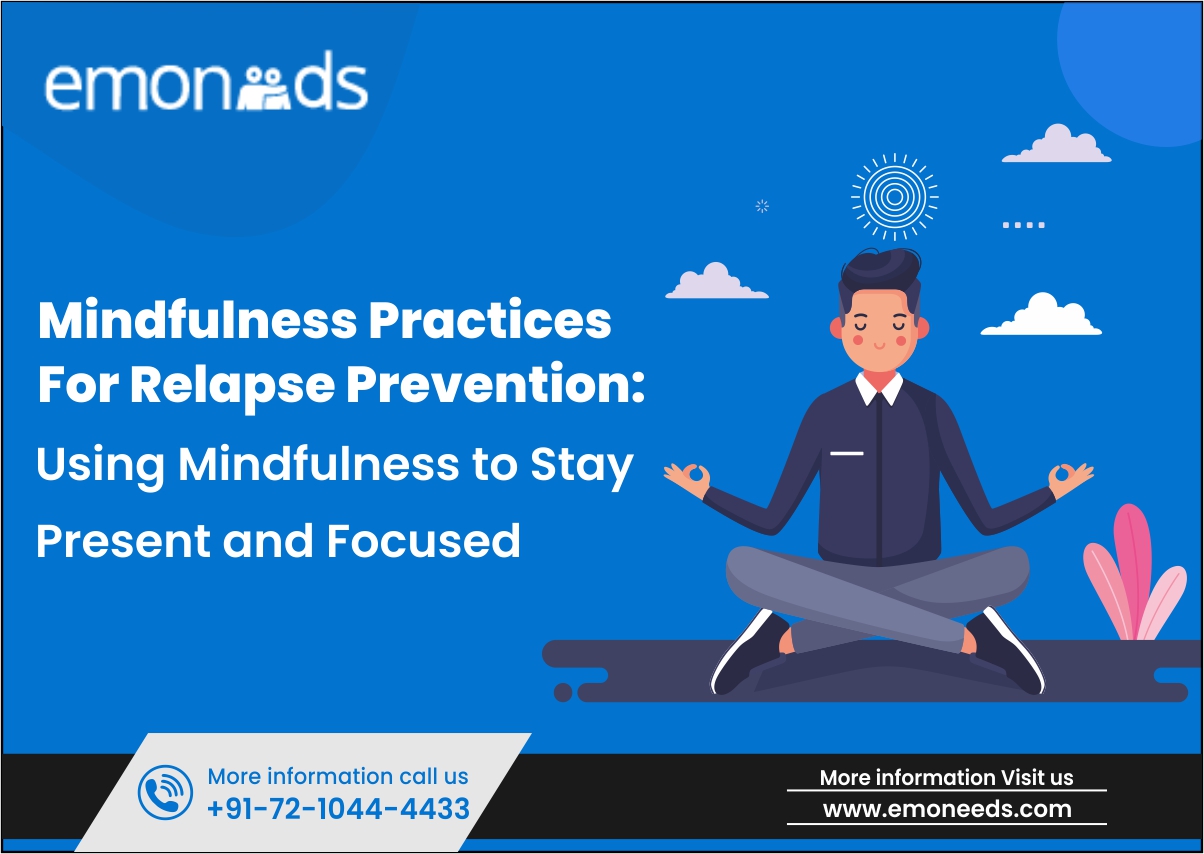
- July 26, 2023
- Saloni Kabra
- 0
Fear, anxiety, and panic are related emotions but have distinct characteristics, and whereas stress when chronic or excessive can contribute to the development or exacerbation of panic, anxiety, and fear. Stress can be connected to these emotions. These terms are related but distinct experiences can affect individuals in different ways.
Table of Contents
ToggleFear :
Fear is a natural emotional response to an immediate and identifiable threat or danger. It is a basic survival mechanism that prepares the body to react to a specific stimulus. For example, if you encounter a dangerous animal, your fear response activates the “fight-or-flight” response, increasing your heart rate, sharpening your focus, and preparing your body to either confront the threat or escape from it. Fear is typically temporary and subsides once the threat is removed or resolved.
Anxiety :
Anxiety is a more persistent and generalized emotional state characterized by excessive worry, fear, or apprehension. It is often accompanied by physical symptoms such as restlessness, muscle tension, and a rapid heartbeat. Anxiety can arise in response to specific triggers or be present without any identifiable cause. It is more than just temporary stress; it can persist for longer periods. It is often related to potential future threats or uncertainties, and the source of anxiety may not always be clear or specific. Unlike fear, which is a response to an immediate danger, anxiety can persist over time and can interfere with daily functioning.
Panic :
Panic refers to sudden and intense episodes of overwhelming fear or terror. Panic attacks are characterized by a rapid onset of intense physical and psychological symptoms, including heart palpitations, chest pain, shortness of breath, dizziness, trembling, sweating, and a sense of impending doom or loss of control. Panic attacks typically peak within minutes and can be accompanied by a fear of having future attacks or avoiding situations that may trigger them. Panic disorder is a specific anxiety disorder that involves recurrent and unexpected panic attacks.
Fear is a response to an immediate threat, anxiety is a generalized feeling of unease and worry about potential future threats, and panic is a sudden and intense episode of fear or distress accompanied by severe physical and psychological symptoms. Understanding the differences between these emotions can help individuals recognize and manage their experiences more effectively. While stress can be managed through self-care, stress management techniques, and lifestyle changes. Whereas panic and anxiety disorder may require professional treatment, such as therapy and medication. It’s important to seek appropriate help if any of these experiences significantly impact your daily life or well-being.

